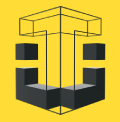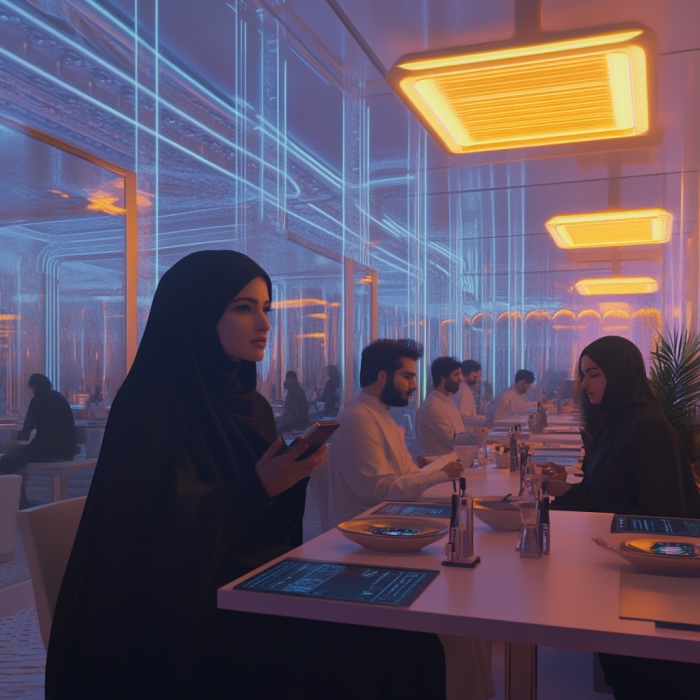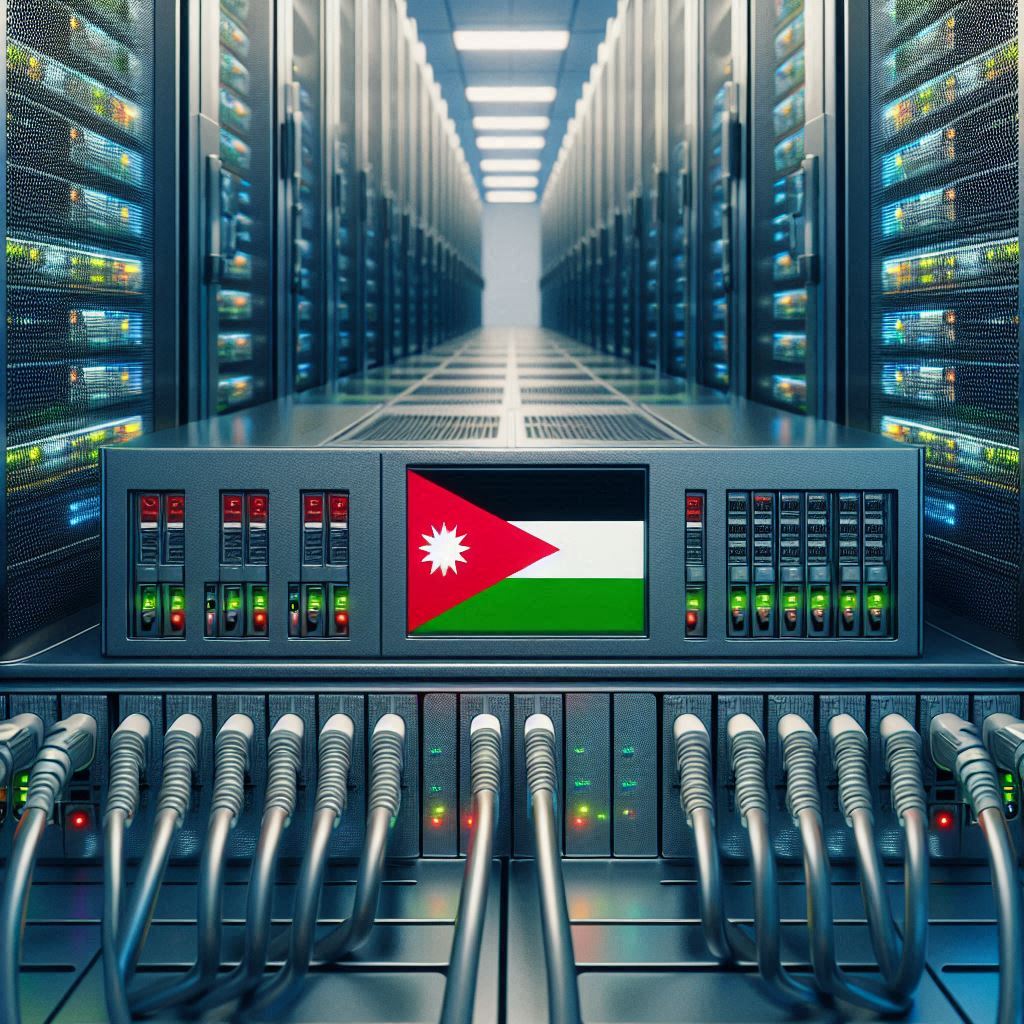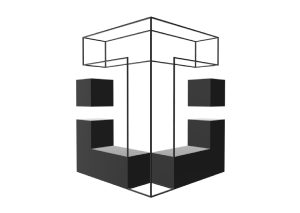How do we translate ‘Blockchain’ to Arabic? Thirteen years after Bitcoin was launched, somehow this question remains unanswered.
Some translators choose to transliterate the term, using Arabic script while preserving the sound and maintaining its global familiarity. Given the lack of uniform phonetic alphabet, however, the Arabized word can be spelled in either one of eight different ways: بلوكتشين, بلوكشين, بلوكتشاين, بلوكشاين, بلوك شين, بلوك تشين, بلوك شاين, بلوك تشاين. Other translators opt for an Arabic equivalent through literal translation. The most common translation today is سلسلة الكتل, which translates back to ‘The Chain of Blocks’, more of an explanation than a translation.
But why is translating to Arabic so tricky? Compare it with Latin. At its peak, Latin was spoken more or less across most of Europe, before the different Latin-speaking nations began developing their own Latin vernaculars, which later evolved into brand new languages.
While Arabic went through a similar phase of popularity, a combination of cultural and geopolitical factors made Arabic one language with multiple dialects unable to grow into new distinct languages. One could argue that Moroccan Arabic and Saudi Arabic for instance are less mutually intelligible than Italian and Spanish, yet Moroccan and Saudi Arabic are treated as two dialects, especially given the shared literary space, while Italian and Spanish are two separate national languages.
This is one source of the headache felt by Arabic technology translators. They have to navigate different linguistic practices to arrive at terms working for all. This feels like coming up with a ‘European’ translation of the word Blockchain that works across the whole of Europe.
The lack of a unified reference for translating blockchain to Arabic has caused innumerable issues. On one hand, it created a linguistic bottleneck, keeping most of quality blockchain content away from mono-lingual Arabs. On the other, without a standardized spelling or translation of essential keywords, SEO efforts targeting Arab readers are significantly compromised.
The cost of translating blockchain content to Arabic remains high, as businesses end up developing their own glossaries throughout the translation process. This has been the case with both the Ethereum Foundation and Binance. These de facto glossaries, while filling a gap, can in fact unintentionally amplify the problem by introducing more dispersion, where one term has two translations in two different glossaries, and where uneven localizations, e.g. regional biases, mean that some translations are better understood in one part of the Arab region but not the others.
Translation difficulties tend to lead to deeper issues, including lack of blockchain literacy, both on technical and general levels, allowing for more misinformation and stigma around the technology and its uses. That’s why it’s no wonder that MENA (Middle East & North Africa), a region that houses over 570M residents, remains one of the slowest regions to adopt blockchain and crypto currencies in the world.
In a nutshell, this is why AbjaDAO exists!
AbjaDAO is a guild-type special purpose DAO named after the original order of the semitic alphabet – ABJAD is one way of saying ‘A-B-C-D-E’ in Arabic. AbjaDAO brings together four MENA-based blockchain-focused initiatives, with a view to developing a decentralized and unified Arabic blockchain glossary.
Our DAO includes representatives from ZeFi, a 40-people strong research and media project specialized in Arabic blockchain content. ZeFi were working on their own expansive dictionary when AbjaDAO came together, with their hundreds of translated and explained terms becoming AbjaDAO’s cornerstone. The DAO also includes Arabs in Blockchain initiative, founded by Eman Herawy, an Ethereum fellow who played a leading role in translating Ethereum to Arabic. Tafkir, a research and public goods center that conceived AbjaDAO, brings to the table experienced academic and literary translators, along with DocStream, a collective of linguists specialized in the social sciences and the humanities.
Together, and joined by individual experts and consultants, we put together a plan to develop a unified glossary for Arabic blockchain terminology. We began by surveying a large body of blockchain literature to extract a list of nearly 1,400 terms, phrases and abbreviations. We are currently working on sorting these terms by frequency of use, and grouping them into thematic patches. In parallel, we are conducting a series of workshops to settle on translation philosophy and approaches.
In the next phase of the project, we will conduct 4-hour workshops bringing together 7 translation experts from within and outside the DAO. Those translators will tackle a thematic patch of terms in every workshop, submit their different translations, and settle on the best terminological choices through discussion or voting.
Translation, however, is only half the answer. The other would be propagation. For our translations to get picked up and start replacing former scattered terms, we plan to follow the release of the glossary with a propagation campaign, aiming at having the glossary adopted by: 5 Arab colleges, 2 mainstream and 10 alternative pan-Arab media outlets, 25 blockchain-focused social media pages and influencers and 5 Arabic UI / UX websites or apps. We also plan to set up a Wikipedia grant, motivating translators to bring 20 essential blockchain pages to Arabic, using our glossary through translation.
The glossary will be a public good, and accessible to all for free. We hope to publish the first version of the glossary with 600-1000 terms translated, sometime before the end of the year (for a more detailed timeline, check our presentation!). After the initial release, we plan to update the glossary over 6-9 months intervals.
So far, we have received funding from the Solana Foundation through Tafkir. We also received logistical support from the Ethereum Foundation, who shared with us their own glossary to use as a point of reference. But we need to raise an additional $23,900 to implement this project in full. We are accepting donations through these wallets:
– Metamask (Mainly for Ethereum):
0xf8dc67Cc6f309029C840fEF2d8437882843F8768
– Electrum (Bitcoin):
zpub6mbVHkYyybtSpGMXHSUYbKrFjsKmPWG4CYJocD7XdBJ6AvitwD5ibbWSYEcSPk1vXtvgnFGtwAXRxLNQiBHVTgEeYJgcMqxyix58bP8umiB
– Yoroi (Cardano):
addr1q8zg7e376d6hntql30w6gfmf06kkjau4fh9a7yv9nkuwuz40vj6u52geuywnrur9rng7dx45xazu55jk583ykn3cx3nqy0gpsk
– Phantom (Solana):
H8httFzjMWVHd8JYxqiiseanYPaXVeNRDGCjnMaRJHV4
– Kukai (Tezos):
tz1KxqSezWQWQPRApWhYLFYnueJ4FwZm3fYp
– JS (Polkadot):
5Egrzvx9cb9av5HahDEc4jZH9YtnhcAYM2hz9vSWn9ynusPx





